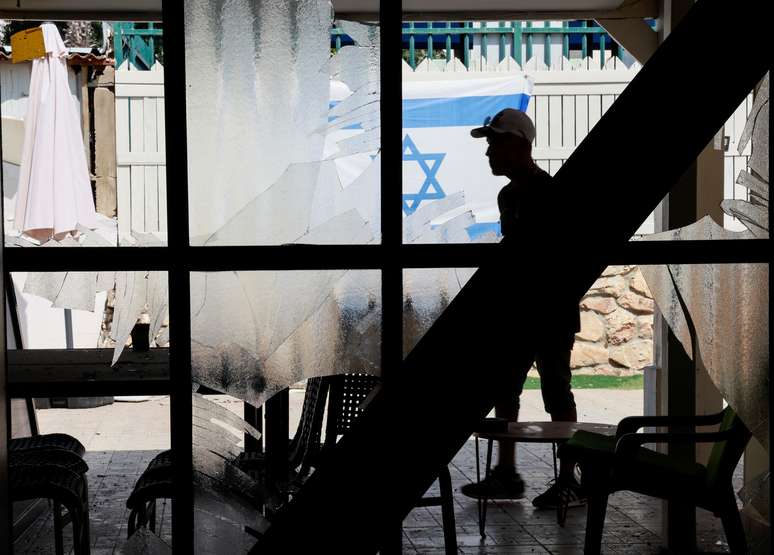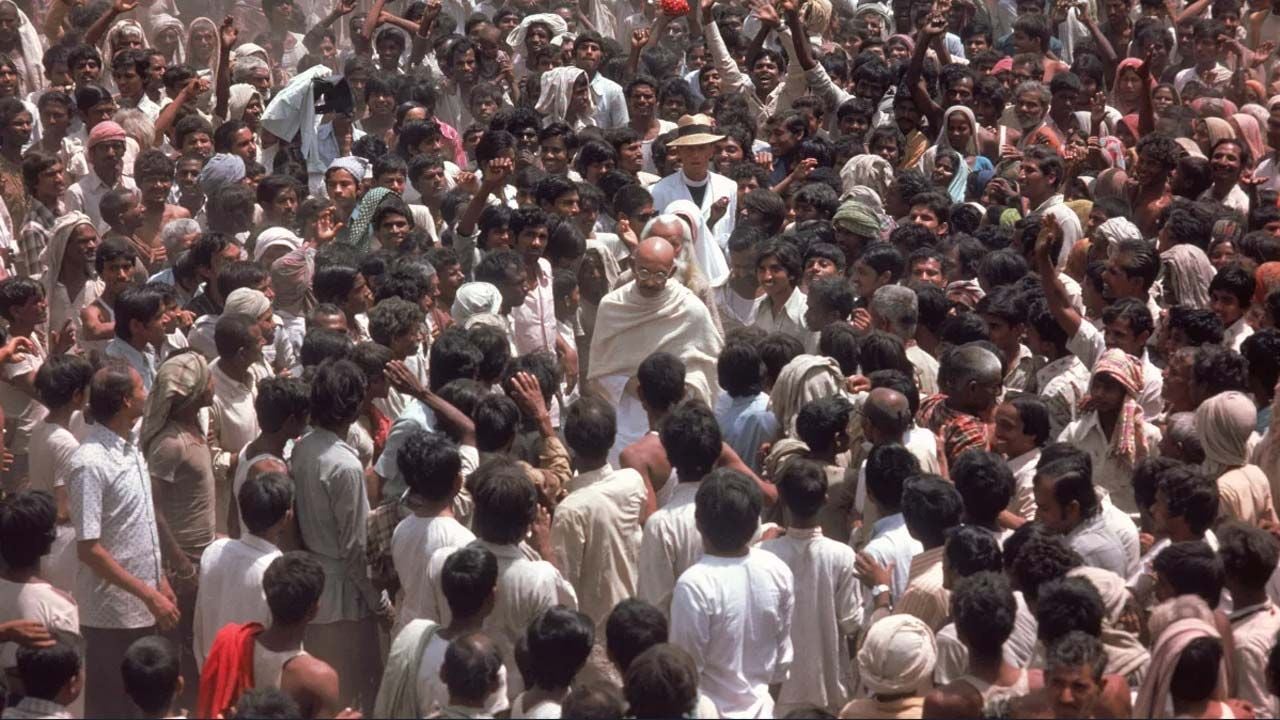The Israeli military said that about 100 Israeli fighter jets bombed more than 40 targets in southern Lebanon in an attack described as preemptive to reduce the chances of a wider offensive by Hezbollah.
The Israel Defense Forces (IDF) and the Lebanese Shiite militia Hezbollah exchanged bombing and drone strikes in the early hours of Sunday, raising fears of a regional war in the Middle East, which already includes the conflict between Tel Aviv and the terror group Hamas in Gaza.
The Israeli military said about 100 Israeli fighter jets bombed more than 40 targets in southern Lebanon in an attack described as preemptive to reduce the chances of a larger offensive that Hezbollah had planned for Sunday. Tel Aviv said it had blocked most of the Lebanese Shiite militia’s missiles and that the strikes targeted surface-to-surface rocket launchers in Lebanon.
According to Israel, many of these launchers were supposed to be launched at 5 am in the direction of Tel Aviv. After contact from the newspaper The New York TimesA Western intelligence official stressed that all targeted launchers had been destroyed.
According to Lebanon’s Health Ministry, two people were killed and two others were injured in attacks in the south of the country. Separately, a fighter from Hezbollah’s allied Amal group was killed in an airstrike on a car. Israel reported no civilian or military casualties.
By mid-morning the exchange of attacks ended, with both sides stressing that they had only targeted military targets.
Hezbollah denies foiled attack
Hezbollah denies that Israel has thwarted its plans to attack on Sunday. The Shiite militia said it fired 320 rockets and “a large number” of drones at Israeli military bases and positions in retaliation for the killing of Fuad Shukr, a Hezbollah officer who died in an Israeli air strike in late July.
It was not immediately clear whether any of the rockets hit their targets. The Lebanese Shiite militia said the strikes hit all of its targets, without specifying how many. Before the strikes, the group had listed 11 Israeli bases and positions in the north of the country and on the Golan Heights as targets. Hezbollah said the group’s military operations ended after Sunday’s strikes.
Randa Slim, a senior analyst at the Washington-based Middle East Institute, stressed that Sunday’s attacks were unlikely to lead to an all-out war because they “fall within the rules of engagement.”
State of emergency and sirens
Air raid sirens were heard across northern Israel, and Ben-Gurion International Airport near Tel Aviv was closed and diverted flights for about an hour due to the threat of attack.
The Israeli Home Front Command raised the alert level in northern Israel and encouraged people to stay close to bomb shelters. After the bombing, the situation around the airport returned to normal.
Ceasefire in Gaza
The broader diplomatic implications of Sunday’s airstrikes were not immediately clear. Delegations from Egypt, Qatar, the United States and Israel are due to meet in Cairo today to negotiate a ceasefire in Gaza.
A delegation from the terrorist group Hamas is also present in the Egyptian capital. The United States and other mediators consider a ceasefire in Gaza essential to avoid a wider conflict in the Middle East.
Source: Terra
Rose James is a Gossipify movie and series reviewer known for her in-depth analysis and unique perspective on the latest releases. With a background in film studies, she provides engaging and informative reviews, and keeps readers up to date with industry trends and emerging talents.






